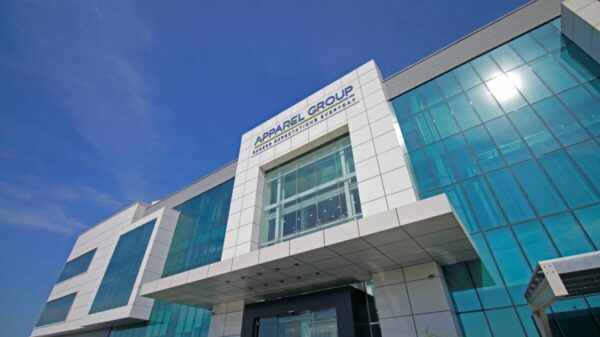With a population of over 82 million, Turkey is one of the most populous states in Europe – even if only a tiny fraction of its land is considered part of the region. In fact, only Germany and Russia are bigger, with populations of 83 million and 144 million respectively.
Turkey is one of the EU’s main partners in the Middle East and both are members of the EU–Turkey Customs Union. While it borders two EU member states, Bulgaria and Greece, negotiations around Turkey’s application to accede to the EU have not progressed since 2016.
Yet when compared to the 28 EU member countries as of 2019, Turkey has the highest proportion of young people aged 15-24, according to Turkish Statistic Institute. PwC said in a 2016 report that Turkey’s growing young population is “more eager to spend all provided significant opportunities for progress in the retail industry”.
Despite the Covid-19 pandemic affecting retailers globally, data firm Fitch Solutions predicted in a recent report that household spending in Turkey would begin to recover this year thanks to better employment figures and ongoing government stimulus measures.
Furthermore, a 2019 KPMG report found that the value of Turkey’s retail industry reached 1.1 trillion Turkish liras (£108 billion) and suggested a recovery in 2020. The sector is one of the biggest engines for the economy, employing over 1.9 million people.
There were a total of 453 shopping centres across the country as of 2018 and only five more opened in 2019. The report also showed that the rate of people using online channels for shopping reached 34 per cent in Turkey in 2019, up from 29.2 per cent in 2018.
Although organised retail has been grabbing a bigger share of Turkey’s retail industry, its percentage of the overall market still seems to be significantly lower than that in other developed countries.
The Turkish retail market mainly consists of traditional players, despite steady growth of local and international chain stores and recent acquisitions and mergers. Some of the biggest Turkish retailers include the likes of BİM A.Ş, Migros Ticaret A.Ş, A101, and CarrefourSA.
Discount chain A101 made an appearance as number 241 in the 2020 Global Powers of Retailing report, which is compiled by Deloitte and ranks 250 retailers of all types based on total revenue. And before the pandemic, BİM, Migros and A101 all made it to Deloitte’s 2019 Global Powers of Retailing Top 250 Companies list.














